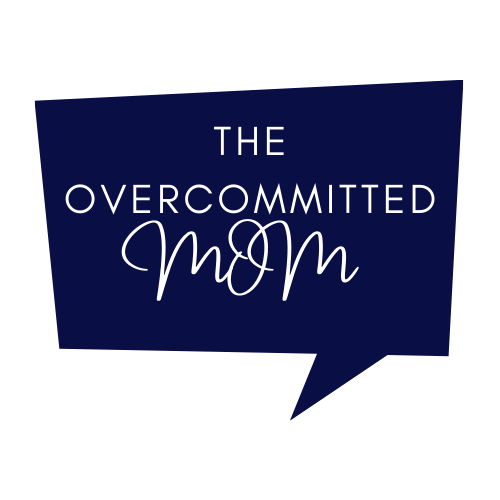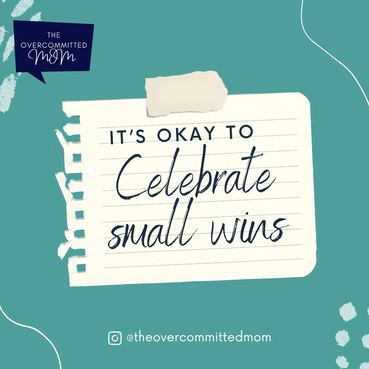Stress vs. Burnout
If you had asked me in 2019 if I was a 'creature of habit,’ I would have laughed internally and said no. I have always appreciated my choices to have flexibility in my life and to know that every day will be a little different. I don't usually get stressed when the unexpected happens. I have always been the level-headed one everyone wants help from in a crisis.
But, like so many of us, I miss the rituals. After continuously facing uncertainty and changing my work routines, home life, and social life, my typical go-with-the-flow attitude that comes with change seems to have checked out on me. Since March 2020, I have teetered between anxiety, depression, emotional fatigue, and stress - for multiple reasons. Yet, I feel like I have done everything you are 'supposed' to do when this comes up. I am going to counseling, taking medication, joining groups, keeping up with friends, starting a yoga practice (even working on my teacher training), meditating, and probably more that I forget here.
When feelings of anxiety or fear crept in, I just knew that I would be ready with the tools I needed to make everything OK. But unfortunately, experiencing stress for such a long time has ultimately led to what I think is burnout. So I decided to look at the 'textbook' definition and found that in 2019, the World Health Organization (WHO) classified burnout as an occupational phenomenon and redefined it in ICD-11 with more detail:
"Burnout is a syndrome conceptualized as resulting from chronic workplace stress that has not been successfully managed. Three dimensions characterize it:
feelings of energy depletion or exhaustion;
increased mental distance from one's job, feelings of negativism or cynicism related to one's job, and
reduced professional efficacy.
Burn-out refers specifically to phenomena in the occupational context and should not be applied to describe experiences in other areas of life."
Bullshit. That last sentence hit me the wrong way. Burnout isn't just happening in our professional lives. Prolonged stress levels in any part of our lives can lead to burnout and more stress. So, how do you know when you have gone from feeling overwhelmed or anxious to something more? I have been asking myself if burnout is "something more"? It feels like the buzzword of the 2020s (aka pandemic times), but it's not just about work to me.
Stress vs Burnout (Download available)
Stress and anxiety are unavoidable. Most humans, in general, need a manageable level of tension to stay motivated and learn to cope. To prevent burnout, many people think we need to "eliminate stress" from our lives. It's not about the stress. It's about the loss of control.
My go-with-the-flow way of life was great until I lost control over life the last few years. As the level-headed, non-control/control freak, admitting to myself I was experiencing burnout was a monumental step for me. It was terrifying to name it, recognize it, ask for help, and concede that I had to relinquish some of my "freedom" (aka more control).
Now, I am learning to gain some control by adding some of the structure I have always dreaded and implementing self-care plans one habit at a time. I work in social services, surrounded by counselors, social workers, and well-meaning do-gooders who preach self-care but rarely follow through. Eating right, getting enough sleep, and working out are excellent foundations but probably won't fix everything.
I have reached a burnout where I have forgotten all these things and more. So, as my kiddo has for his marble jar, I made myself a tracker and knew that I had to start at square one. I felt so silly giving myself a goal of committing to drinking water first thing in the morning every day for a week. But I set the plan, and I did it.
I celebrated and thought, "This was easy!" The following week, I added a small goal to eat breakfast every day. Unfortunately, I only made it three out of seven days. However, I celebrated two weeks of successful water drinking and kept moving. I reminded myself that I have not been doing what I know I need to, which takes some time.
Returning from burnout is not about taking a day off to go to the spa. Burnout is recovery from a debilitating void of exhaustion. It takes time and commitment to make proactive recovery decisions. Yet, in just a couple of weeks, I have found a renewed sense of hope and empowerment, taking some of my control back in these small commitments to self-care.
I would love to hear from you! What of the most minor things has helped encourage you to push through a tough time?
#momovercommitted #teddyforpresident



